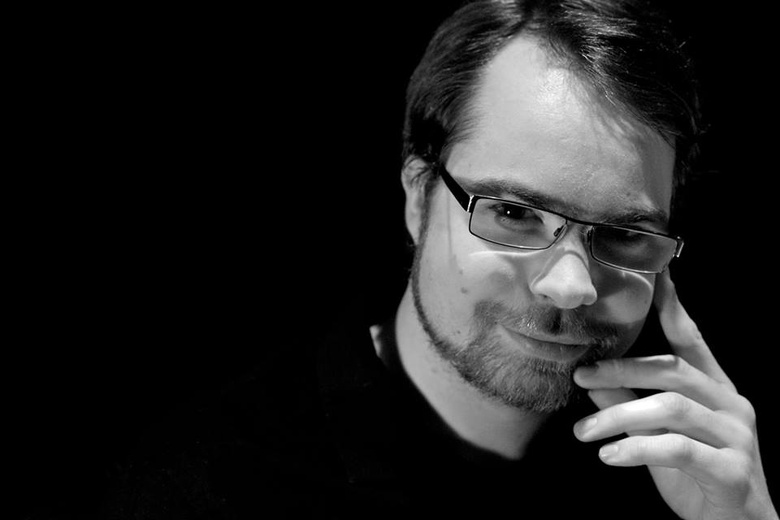
School of Language & Literature
University of Aberdeen
Email: hl.buchholz@abdn.ac.uk
Research interests
My research focuses on the methodological boundaries of Political Theory, especially those that appear when it is concerned with text. I am interested in the dialogues that Political Theory can have with Language Philosophy, Literary Theory, the History of Ideas, and Media Studies. My work is based on the assumption that Political Theory must be open to all genres of text and therefore needs to engage with all sorts of theories of interpretation. In more practical terms, I am interested in authors who worked on the boundaries between the genres and disciplines, especially Friedrich Dürrenmatt and Jean-Jacques Rousseau.
My PhD project
Thesis title: How text is. The ontological question of text in Political Theory
Abstract: The thesis re-examines Political Theory’s relation to text. It argues for the right to ask the question of text ontologically in the discipline and, for the first time, develops a strategy to answer it.
The question of text seems to be an obvious one for Political Theory, since almost all aspects of the discipline include some engagement with text. However, political theorists either take text for granted or think about it in a very reductionist way. If the question of text is asked at all, this is done merely ontically and never ontologically: theorists do ask what they can do with individual texts or collections of texts, but they never ask what text actually is. This omission slows down methodological progress, limits theoretical explanations of texts’ normative power, and prevents theorists from exploring all possibilities of literature in politics.
The thesis develops a strategy to ask the question of text ontologically and shows which problems need to be addressed by this strategy. The style of ontological inquiry and the philosophical metaphors developed by Martin Heidegger in Being and Time guide this discussion. An intensive interpretation of Jean-Jacques Rousseau and a discussion of existing theories of text in Political Theory’s cognate disciplines supplement the strategy.
As a result, the thesis will give initial answers about the ontology of text, i.e. describe some of the ontological possibilities that define the ‘textness’ of text: text is more than a medium for the communication of meaning; it is essentially open for new meanings and functions; it is a social construct of its own kind; it has a self-defining property; and it has a specifically textual power. Most importantly, the thesis argues that no finite answer to the question of text is possible, except the insight that this question needs to be asked and answered continuously. Political theorists need to develop an ontological awareness for text in all their research.
Supervisors: Andrea Teti, Edward Campbell, Christopher Fynsk
Education
|
2014
|
MA Political Theory, Goethe-University Frankfurt and University of Technology Darmstadt, Germany Thesis: Dramaturgic thinking and moral fable: Conceptions of narrative political thought in Dürrenmatt and Rousseau |
|
2013
|
MA in the History of Political Thought, University of Exeter, UK Thesis: Aims of Interpretation. What is their place and how important are they in theories of interpretation? |
|
2011
|
BA Governance and Public Policy, University of Passau, Germany Thesis: The political thought in the works of Friedrich Dürrenmatt |
Teaching
|
2017 |
Tutorials in PI 1518: Introduction in Politics and International Relations 2: Power and Conflict |
|
2016 |
Tutorials in PI 2009: Ideas and Ideologies in Politics and International Relations |
|
2015 |
Tutorials in PI 1018: Introduction in Politics and International Relations 1 |
